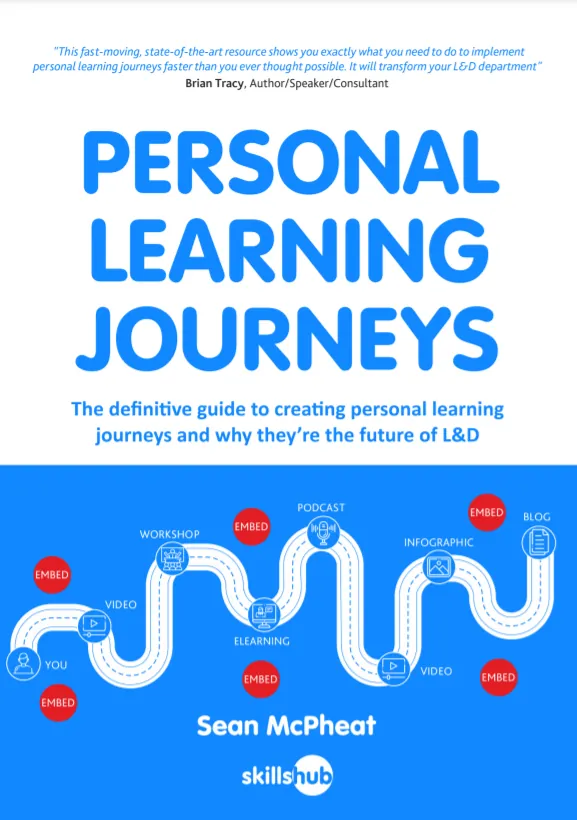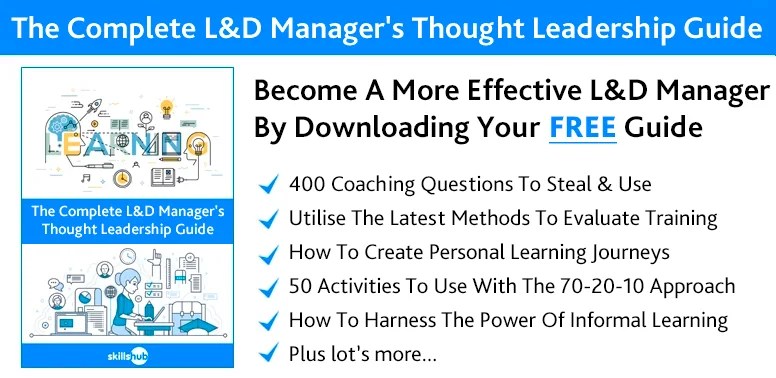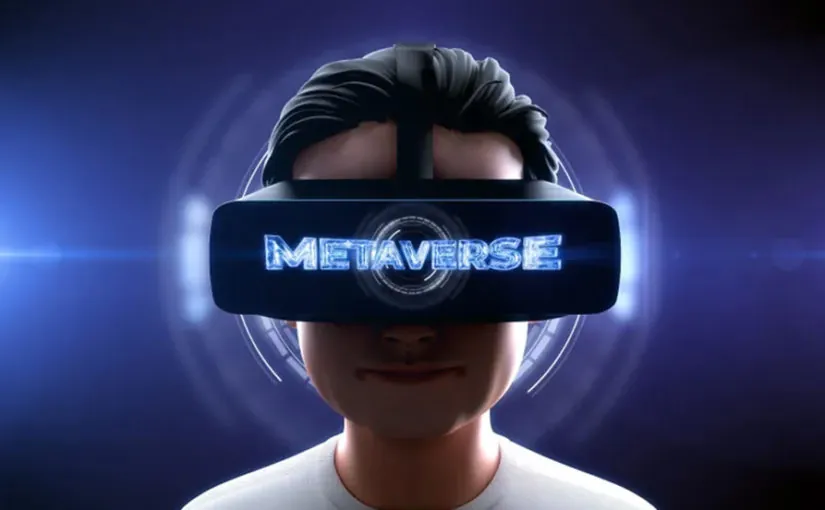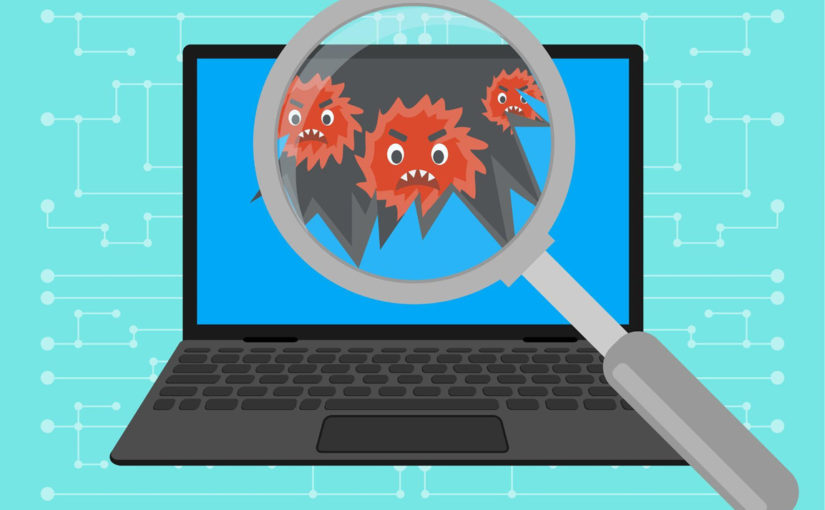
What is an LMS and Why Do You Need One?
You might have heard about them and read up on them and are now wondering whether you need one.
I’m talking about an LMS, which stands for learning management system.
An LMS is an online learning platform which administers, stores, facilitates and tracks the deployment of your eLearning and training programmes within your organisation. The best thing is that it is not limited by geographical area. It’s a convenient piece of software that enables your employees to have effective and efficient online training anywhere and anytime at scale. So, any learner can access remote and virtual training from any part of the world.
An LMS helps to reduce the costs of training delivery for your firm because it reduces the reliance on the number of trainers and L&D professionals that you need and travelling, accommodation, and venue costs are reduced considerably.
However, you may be asking yourself, “Will an LMS be that significant to my business and is it a must for me to incorporate one into my organisation?”
This blog will answer some of the most frequently asked questions around LMSs to provide you with understanding of what they are and why you may need one.
What is an LMS?
An LMS is a software application that helps you store, create, manage, administer, and analyse eLearning content and online courses. It’s vital for deploying eLearning throughout your organisation since it can store and distribute learning resources and information.
Without this software, businesses can face challenges in rolling out training to your employees online. A learning management system eliminates the need for learners to gather in one physical place and is centered around providing personal learning journeys which are unique to each employee.
The best thing about an LMS is that all your online training resources can be executed in a single platform. Training is offered in various forms such as videos, interactive quizzes, and surveys. The LMS is the ultimate learning system that is ideal for a remote workforce or employees that are dotted around the country or the world.
LMSs have two parts—namely, admin and a user interface. The admin interface is where all the eLearning objectives are created and sessions are stored. This interface creates and stores eLearning materials, reports, provides feedback, and signs onboard users. On the other end, the user interface allows learners to access all the resources.

What does an LMS do?
As discussed, an LMS provides a web solution for eLearning and training practices. With this platform, you can upload content, monitor your learners’ participation, and evaluate their performance.
The system is used by businesses (small and large), government agencies, and educational institutions and you’ll save both money and time. How? The LMS allows you to manage all eLearning elements including the content, registration, user accessibility, communication, notifications, and certification.
Do I need an LMS?
The COVID pandemic changed the world. There was a sudden shift where all learning had to move online – there was no other alternative. Organisations learned that whilst it probably wasn’t as effective as face-to-face learning, there was a tradeoff to be had between effectiveness and costs.
Signs that show your business needs an LMS
![]()
1. You Have A Lot Of Employees To Provide Learning For
It can be very challenging for a modern-day L&D Manager to provide training delivery at scale.
Faced with 50+ employees to develop and at times more than 10,000 employees, it’s just not viable from a resource and cost perspective to deliver physical, face-to-face delivery for everyone.
You’re responsible for delivering the learning and development strategy for your company so you need to look at both strategical and tactical solutions.
If you’re finding yourself scratching your head for ideas then it’s a good sign that you need to investigate using an LMS.
![]()
![]()
![]()
![]()
![]()
![]()
![]()
![]()
2. Your Business Offers Remote or Hybrid Working
Due to the pandemic, working arrangements experienced a bit of a makeover.
If you’re finding it hard to keep tabs on where your people are working due to this new flexible approach to work, then an LMS can definitely help.
An LMS is accessible 24 hours from anywhere, regardless of the number of learners you have in the system. With its responsive interface, your learners can use eLearning resources all around the clock and in any location if they have an internet connection.
If you select the right LMS to use, like the Skillshub platform, then it should be easy to use and access removing the need for a reliance on support and education around how to use the system.
Whether you’re a beginner or a regular user, an LMS looks like a typical website with URLs and credentials for logging into the system. Most LMSs are compatible with phones, tablets, and other most used devices.
Regardless of your geographical area, you can access the platform and host your training content effectively and efficiently.
![]()
![]()
![]()
![]()
![]()
![]()
![]()
![]()
3. L&D Administration Tasks Are A Pain
Administrative tasks can be challenging. Organising training, scheduling training, and deploying training is the last thing you want to be investing all your time into. If you’re finding yourself doing more administration than learning, this is another sign to look at other solutions.
With an LMS, all these tasks are simplified. The user-friendly interface helps to streamline all of these functions and there is more emphasis on the learner owning their own development than there is on the L&D department enforcing training.
You’ll notice that an LMS provides you with the everyday tools that you need to make your training management work more effortlessly. You can add or remove materials that you think are not helpful and you have the power to add or remove a user from the system. The list is endless; any administrative aspect you can consider, an LMS simplifies.
![]()
![]()
![]()
![]()
![]()
![]()
![]()
![]()
4. You Don’t Know How Effective Your Training Is
Measuring the effectiveness of training is hard enough. We’re talking more than just happy sheets here. Where possible you will want to evaluate learning and development using something like the Kirkpatrick Evaluation Model.
So, that means using assessments and quizzes to work out the level of knowledge retained and questionnaires to ask for feedback on each learner to see if their behaviour and performance have changed.
Offline, this is a huge manual process and often means collating feedback forms or sending out surveys. Then, someone has the unfortunate task of putting all this data into a report.
If you’re finding yourself either doing this or wanting to evaluate more of your learning and development activities, then an LMS can help you.
You’ll be able to measure the effectiveness of your training, what is being completed, how long it takes, and then be able to evaluate the impact that the training has had on the learner’s performance.
This can help you to inform future training needs analysis for each employee and enable you to report to your leadership team that your L&D initiatives are having an impact on the business.


Learn How To Create Personal Learning Journeys For FREE!
5. There’s A Lack Of Consistency In Your Training
We’re swamped with information and content all over the internet. Exactly what can you trust and how can you ensure there is a uniform way of approaching a topic within your organisation?
Left to their own devices and faced with the same problem, one employee might search Google for an answer or help. Another might search YouTube.
By offering an LMS with built-in content, you are providing “one version of the truth” which this is helpful for ensuring teams are receiving the same messages and development.
It also helps your internal trainers as they can use the resources and the system to provide uniform training across the board. They can run blending learning programmes referring their learners back to your LMS for some online learning – knowing that they will all watch and work through the same content.
![]()
![]()
![]()
![]()
![]()
![]()
![]()
![]()
6. You Have Tight Budgets
Have you got a never-ending pit of money to implement your learning and development strategy?
Thought not.
Traditional face-to-face training is not sustainable and pushes you to dig deep into your learning and development budget.
Using an LMS eliminates costs associated with venues, travelling, and accommodation. Also, the number and coverage of facilitators and any other management and administration layers are reduced significantly. The platform helps you to automate all your learning processes, thus eliminating that cost. Instead of expanding venues or classrooms, LMS gives a cost-effective approach that allows you to engage more users remotely.
![]()
![]()
![]()
![]()
![]()
![]()
![]()
![]()
7. Your Employees Aren’t Retaining Information
Knowledge retention is crucial. There’s nothing worse for an L&D practitioner to create a schedule of learning only for everyone to forget what was covered two months down the line.
Worse still is for your employees to “learn something” and then do nothing with it.
There must be mechanisms in place to help your learners retain the information that they have covered and help them to embed the learning within their roles so there are some real, tangible benefits.
An LMS can help you with this as they can administer and deliver short assessments and refresher quizzes over time to embed the learning in their minds. An LMS can also send out short refresher eLearning sessions on how to embed the learning and provide resources to help each learner achieve exactly that.
![]()
![]()
![]()
![]()
![]()
![]()
![]()
![]()
8. You Need An Efficient Way To Deliver Compliance Training
Many organisations have mandatory compliance training that employees MUST complete.
These can range from industry-specific standards and regulatory training through to health and safety, equality, and diversity.
Either way, employees must complete this type of training and you need to provide proof that they have completed, understood it, and on most occasions reached a level of competence in the subject too via an assessment.
Trying to organise and administer this can be time-consuming and complex and usually involves a lot of manual intervention. Therefore, an LMS can do all the heavy lifting for you.
An LMS can store the vital information to prove compliance and can also hold digital certificates as well.
Still unsure if you need an LMS?
As an eLearning company, Skillshub is committed to creating efficient and impactful learning experiences.
Why don’t you take Skillshub for a test drive with one of our L&D Managers?
Skillshub is referred to as more of an LXP (Learning Experience Platform) than an LMS. They have subtle differences, and we have a great article that covers ‘What Is An LXP?’ that can help you understand them fully.
During a demo, you’ll be able to see how an LMS works and ask us any questions you might have on your mind.













